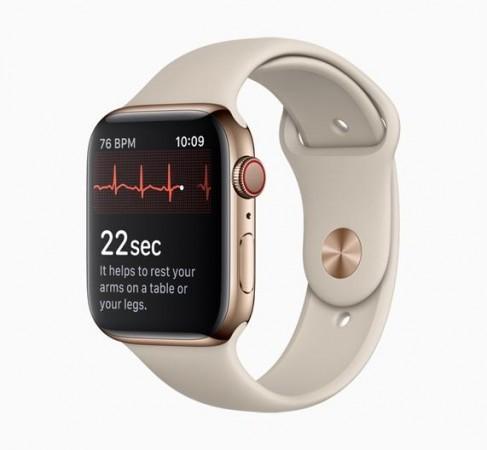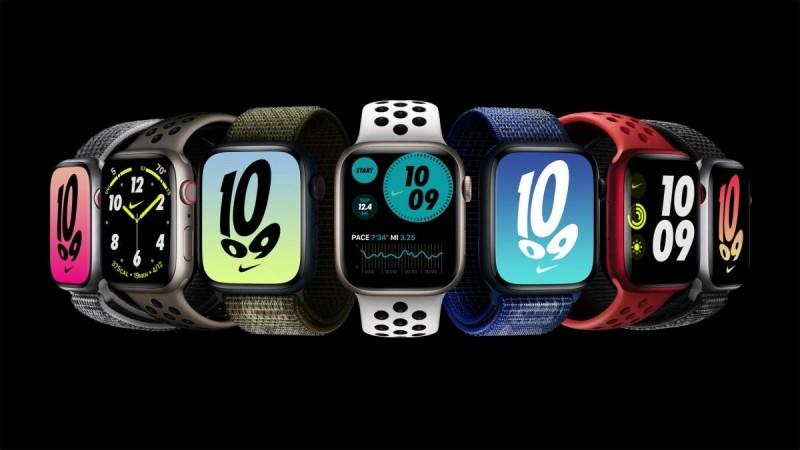While exploring the Apple Watch's ECG sensor in some depth, a team of researchers has said that the watch's ECG sensor data can be used to develop a robust and accurate stress prediction tool.
According to MacRumors, the researchers from the Canada-based University of Waterloo discovered a close relationship between ECG data, including heart acceleration and deceleration capacity, and participants' reported stress levels at the time the readings were taken, using the Apple Watch Series 6's ECG sensor.
Using this data, machine learning algorithms were created to create a prediction model.
The stress models are said to have a "high level of precision", but lower recall, said the report.

The study concludes that the Apple Watch has "promising" potential for stress prediction, and suggests that because the device collects additional health data such as sleep and activity data, even more, data points could be integrated into stress models to improve predictive accuracy.
Moreover, the researchers hypothesise that the Apple Watch could be used to aid mental health care by providing activities such as breathing exercises to offset stress signals and responding early to changes in mental health, the report added.
Meanwhile, a recent study also revealed that the Apple Watch can help detect silent heart disease.

The Mayo Clinic study explains that cardiac dysfunction often goes undiagnosed due to its asymptomatic nature, meaning people with it are unaware of it.
The findings showed that "consumer-watch ECGs acquired in nonclinical environments can identify patients with cardiac dysfunction".
(With inputs from IANS)
















